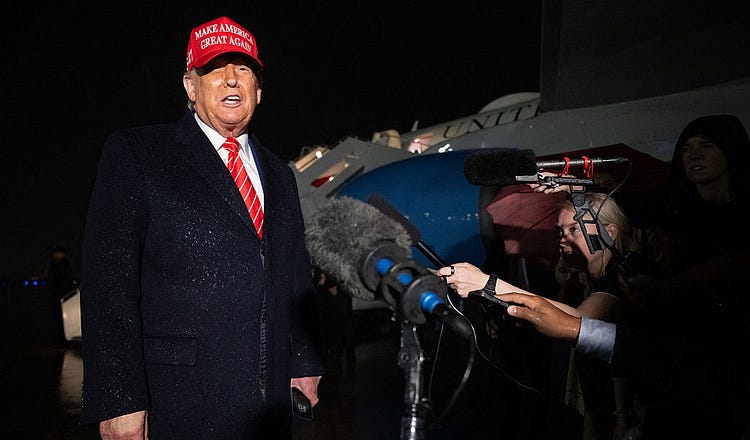
There’s realpolitik. And then there’s reality TV politik. There’s foreign policy realism, of the kind associated with Henry Kissinger. And then there’s Donald Trump’s twist: real estate-ism.
Anyone trying to assess the foreign policy of this White House needs to appreciate these distinctions. The various individuals responsible for national security in the Trump administration are united in their rejection of both the liberal idealism that informed the speeches (if not the actions) of Bill Clinton and Barack Obama, and the neoconservative version of idealism that inspired George W. Bush’s Global War on Terror. Yet there is much more to Trump 2.0 than the hard-nosed realism of Richard Nixon—a key influence on Trump, as I have argued elsewhere.
No previous president has livestreamed his Oval Office meetings with foreign leaders. That week in February when Trump hosted—and, to varying degrees, humiliated—the French president, the British prime minister, and the Ukrainian president introduced to great-power politics the unmistakable style of The Apprentice, the TV show that made Trump a household name. As Trump acknowledged, his and Vice President J.D. Vance’s shouting match with Volodymyr Zelensky, the Ukrainian leader, was “great television.”
At the same time, the negotiations that he and his golfing friend Steve Witkoff are conducting in both Eastern Europe and the Middle East draw on an earlier chapter in Trump’s career. As Witkoff explained to The Atlantic, he and Trump see diplomacy as functionally indistinguishable from doing real-estate deals. “Diplomacy is negotiation,” Witkoff told Isaac Stanley-Becker. “I’ve been doing it my whole life.”

